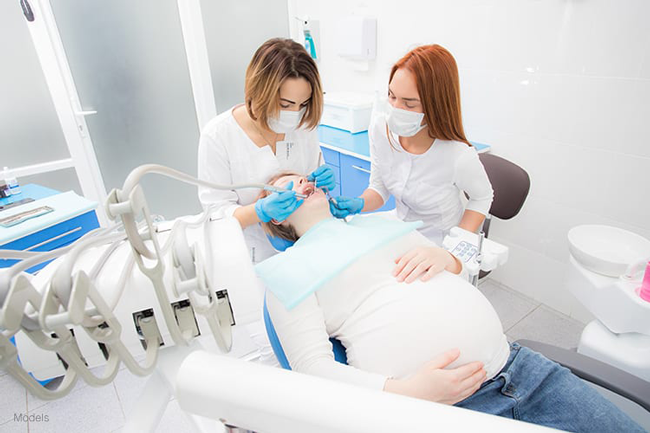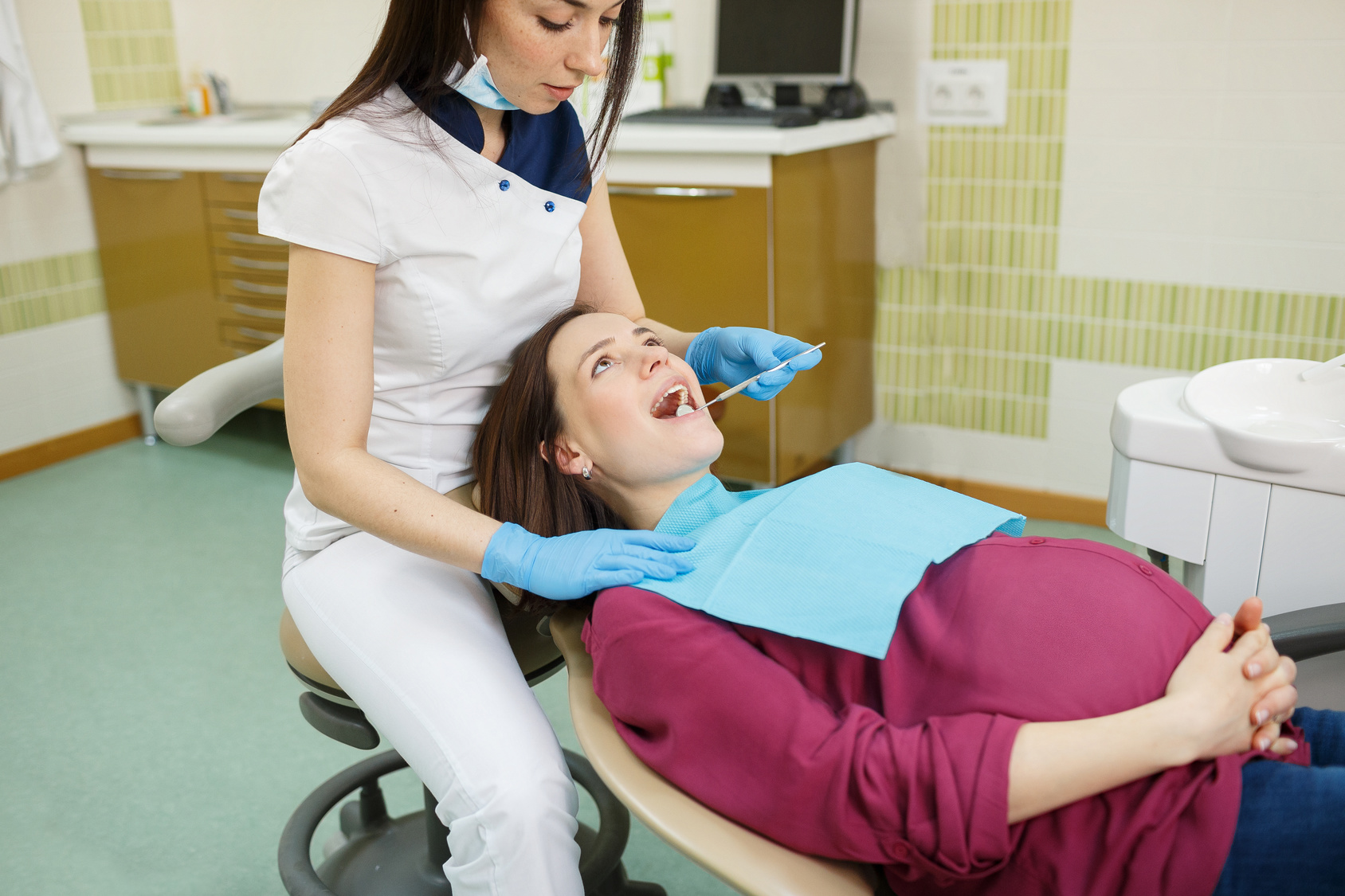Zing Muse – Discover safe dental treatments, timing, and oral care tips during pregnancy. Protect both mother and baby with essential guidelines for healthy smiles.
Pregnancy is a transformative journey, but it also brings unique health challenges—especially when it comes to oral care. Hormonal changes can make expecting mothers more vulnerable to gum disease, cavities, and other dental complications. Neglecting oral health not only affects the mother but can also influence the baby’s development. This article highlights the safest timing for dental procedures, the truth about medications and X-rays, and practical oral hygiene tips every pregnant woman should follow.
1. Best Timing for Dental Treatment During Pregnancy

Dental care is not only possible but also recommended for pregnant women when planned correctly:
Second trimester (weeks 13–28): Considered the safest period for dental treatments such as fillings, deep cleanings, and minor oral surgeries. Morning sickness typically eases, and the fetus is more stable.
First trimester: Since this is the critical stage of fetal organ development, only emergency procedures—such as abscess treatment or severe pain management—should be performed.
Third trimester: Lying back for extended dental procedures may cause discomfort due to the enlarged uterus. Only urgent treatments are advised.
Cosmetic procedures: Teeth whitening or elective aesthetic work should be postponed until after delivery.
2. Medications and X-rays: What’s Safe for Expecting Mothers?

Pregnant women often worry about whether dental medications or diagnostic imaging could harm the fetus. Here’s what the experts say:
Local anesthesia: Lidocaine is the most commonly used anesthetic in dentistry and is classified as Category B, meaning it’s safe for use during pregnancy when administered properly.
Antibiotics: Medications such as penicillin, amoxicillin, and clindamycin are also Category B drugs, making them safe choices when infection treatment is necessary.
Dental X-rays: Modern dental X-rays deliver very low radiation. With proper shielding (lead apron and thyroid collar), they are considered safe. However, unless it’s an emergency, elective X-rays should be delayed until after childbirth—especially in the first trimester.
3. Practical Oral Care Tips for Pregnant Women

Daily habits play a crucial role in preventing dental complications during pregnancy:
Maintain a balanced diet: Reduce sugary foods and refined carbohydrates, while increasing calcium, vitamin D, and folic acid intake to strengthen teeth and gums.
Brush and floss regularly: Brush twice daily with fluoride toothpaste and floss once daily to control plaque buildup.
Regular dental checkups: Visit your dentist for professional cleanings and inform them about your pregnancy so they can plan safe treatments.
Manage morning sickness: If vomiting is frequent, rinse your mouth with water or a fluoride mouthwash to neutralize stomach acid before brushing.
Comfort during dental visits: Bring a pillow or request chair adjustments to ease back strain during longer procedures.
4. Why Oral Health Matters for Mother and Baby

Oral health issues left untreated during pregnancy can increase the risks of:
Gum disease, which has been linked to preterm birth and low birth weight.
Untreated infections that can spread and affect maternal health.
Complications such as preeclampsia in severe cases.
By prioritizing oral care, expecting mothers safeguard both their own well-being and their baby’s healthy development.
Pregnancy is not a reason to avoid dental care—in fact, it’s a time when oral health matters more than ever. By scheduling treatments at the right time, using safe medications, and following simple oral hygiene practices, mothers can protect their smiles and ensure the best start for their babies.
Healthy teeth and gums contribute to a healthy pregnancy. Don’t postpone necessary dental care—consult your dentist, stay informed, and smile confidently throughout motherhood.
Linda (news)







